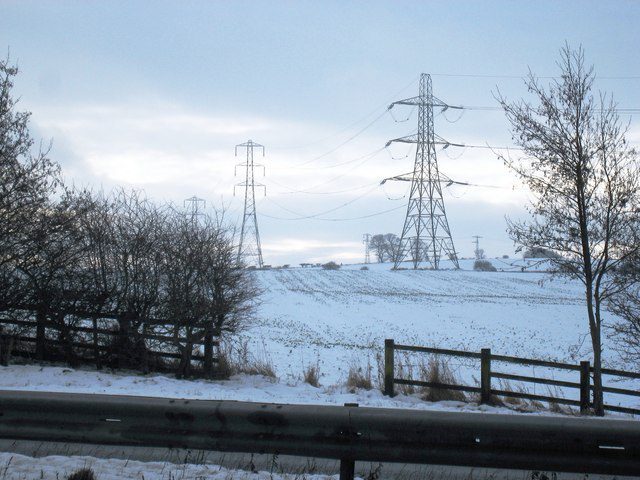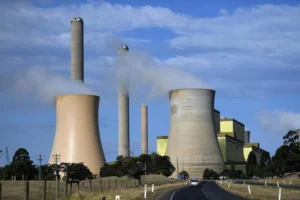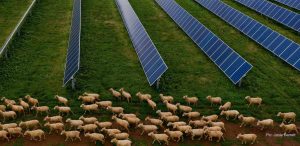As the global energy crisis continues to grip Europe, new data shows renewable energy and nuclear power dominated Britain’s total electricity generation through the northern winter, contributing over 60% of supply and avoiding £15 billion in winter energy costs.
According to new figures published this week by British renewable trade association RenewableUK, low carbon power generation accounted for 60.9% of Britain’s total electricity generation between November 1 2022 and February 28 2023.
The winter period is when electricity demand is usually at its highest, and the 2022-23 season was expected to be dramatically affected by unreliable natural gas imports as a result of opposition to Russia’s invasion of Ukraine.
‘Low carbon power sources provide most of the UK’s electricity over winter period and saves consumers over £15 billion in gas costs!’ – RenewableUK Media Release.@RenewableUK is publishing new statistics today which show at that at the end of our https://t.co/HwX1rhVBJw… https://t.co/kJalkeYesK pic.twitter.com/lCiH9ancOm
— RenewableUK (@RenewableUK) March 14, 2023
All in all, low carbon power sources generated 56.13 terawatt hours during winter, with onshore and offshore wind accounting for 60% of that figure (31.4TWh), followed by nuclear power with 26% (14.34TWh).
The increase in low carbon power generation helped increase Britain’s energy security over the winter and reduced demand for imported gas by over 9.7 billion cubic metres – or greater than 66% of total LNG imports. In turn, this saved British consumers more than £15.7 billion.
“These latest figures show that low carbon power sources, led by wind, played a central role in keeping the lights on this winter by providing the lion’s share of Britain’s electricity,” said Ana Musat, RenewableUK’s executive director of policy.
“Reliable homegrown clean energy is boosting our energy security and saving hard-pressed British consumers billions of pounds in expensive gas imports, as well as moving us closer towards net zero.
“Now we need to ramp up the roll-out of new clean energy projects as fast as possible to maximise the benefits of renewables to billpayers and businesses in the years ahead.”










